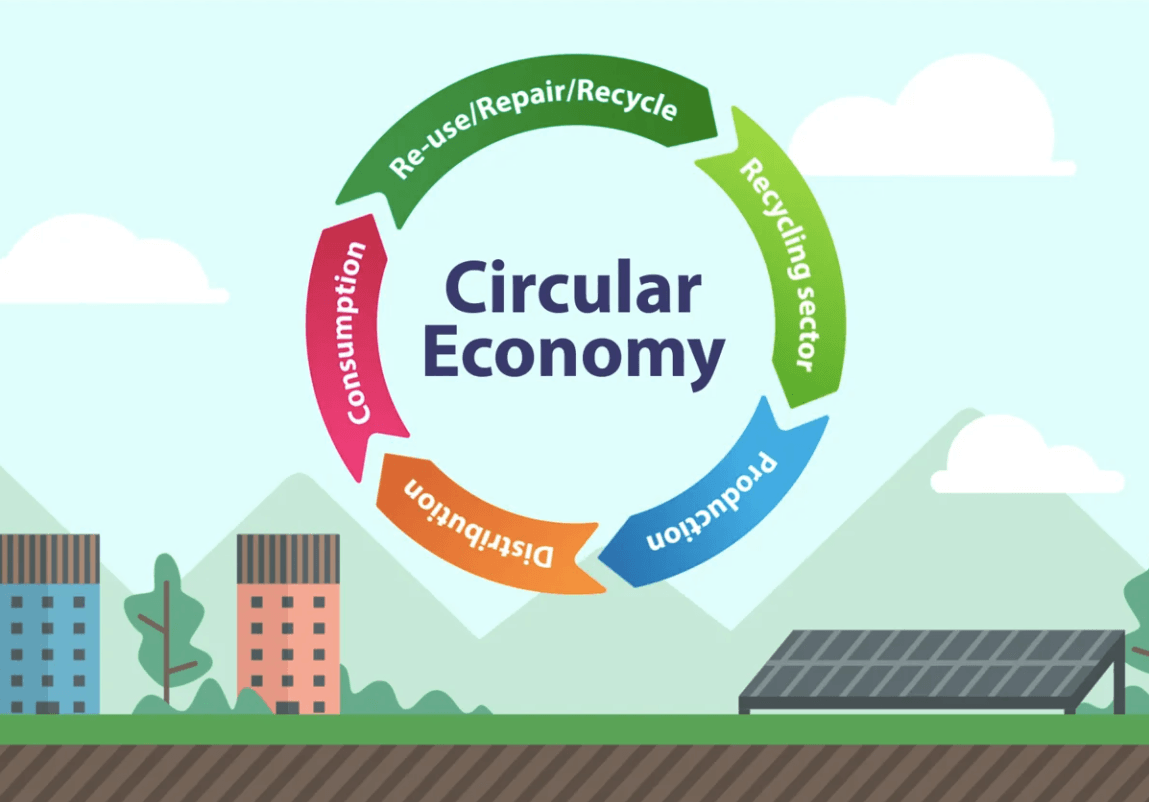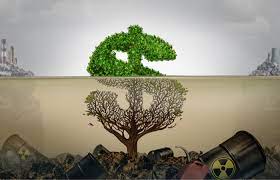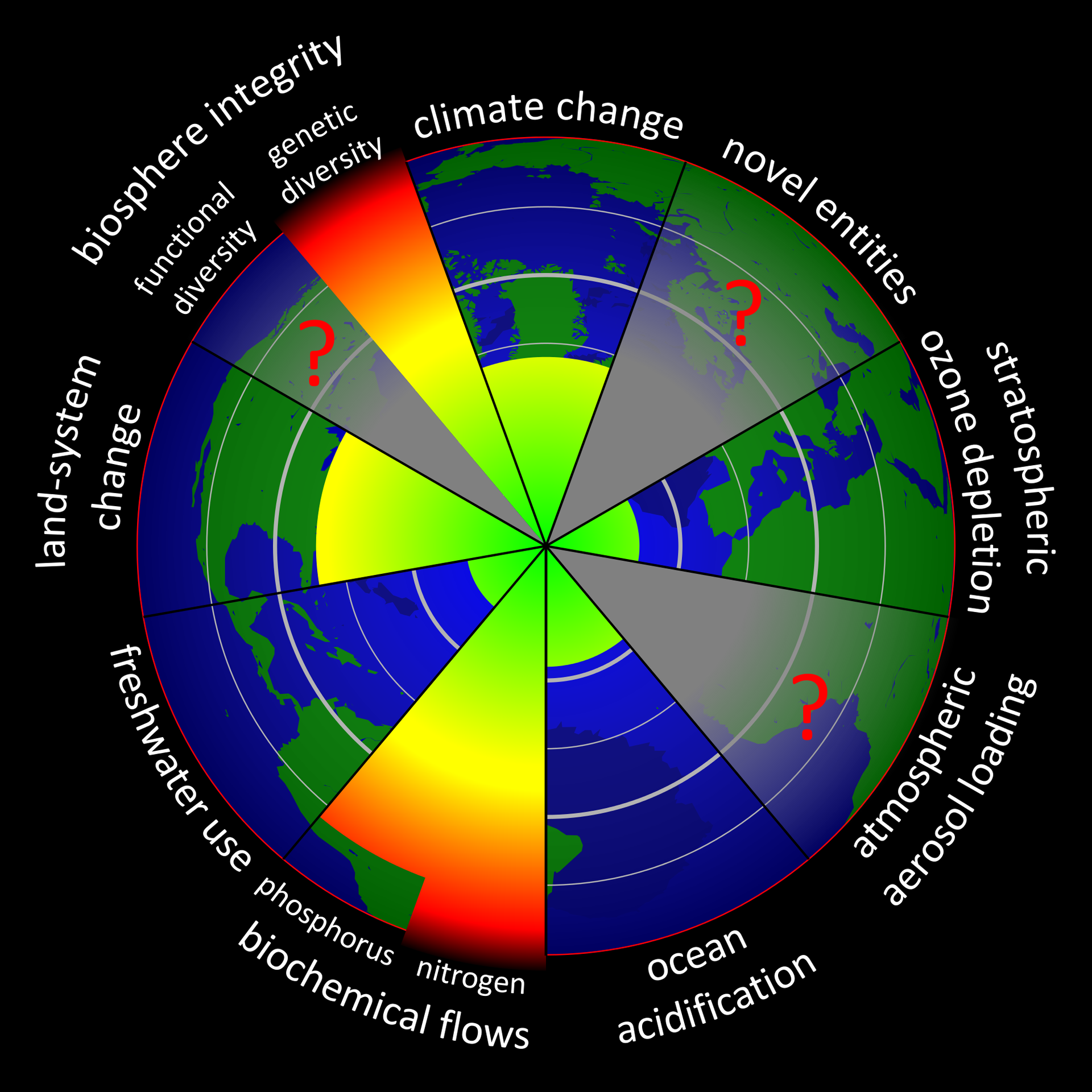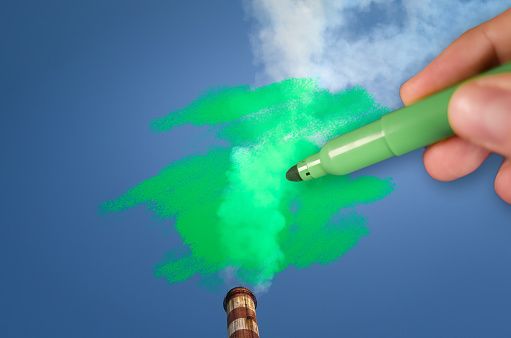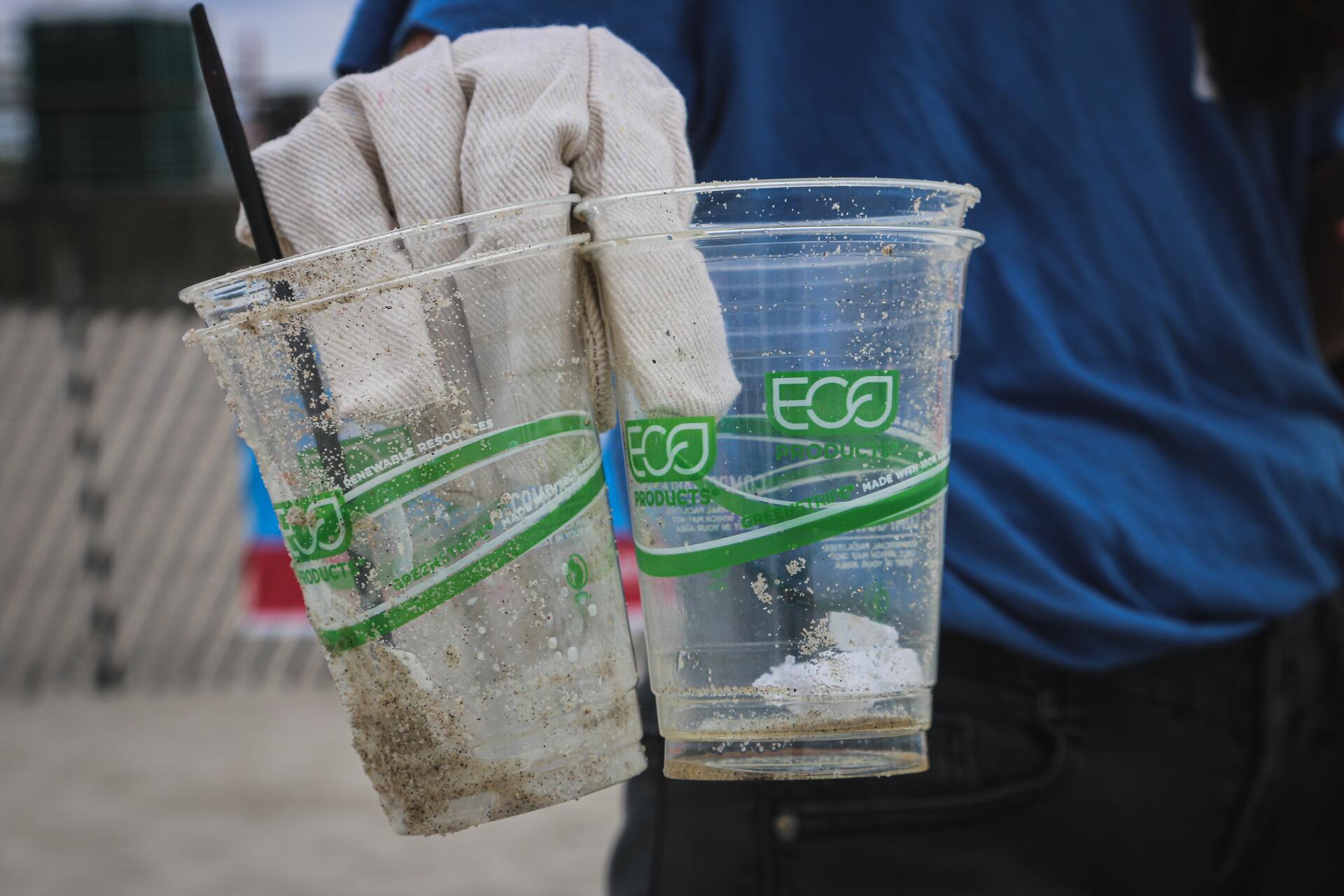State of Biodiversity in the UK
What Have We Done to Mother Nature?

Across the world, humans have encroached upon and reduced the spaces that nature requires to thrive, a trend particularly evident in the UK.
The UK, mirroring many other nations globally, has witnessed a significant decline in biodiversity.
Over the last 50 years our biodiversity has declined as follows:-
- Within the UK the abundance of 753 terrestrial and freshwater species has on average fallen by 19%
- The UK distributions of 4,979 invertebrate species have on average decreased by 13%
- Within the UK the distributions of 54% of flowering plant species and 59% of bryophytes (mosses and liverworts) have decreased
- In 2023, 10,008 species were assessed using Red List criteria of these 2% (151 species) are now extinct in Great Britain and a further 16% (almost 1,500 species) are now threatened with extinction
- The abundance of 13 species of seabird has fallen by an average of 24% since 1986
(all data from the State of Nature Report 2023)
These trends are a continuation of substantial alterations to the UK's natural environment spanning centuries. Consequently, the UK now ranks among the most depleted countries in terms of its natural resources.
Living in a nature-depleted country carries significant adverse effects, including implications for human health and the direct expenses associated with adapting to the loss and degradation of ecosystem services. For instance, pollinating insects play a vital role in UK agriculture, valued at millions of pounds, yet their dwindling populations pose a threat to food production.
Recent years have witnessed severe flooding in the UK, attributed to development in flood-prone areas compounded by the effects of climate change. The costs of permitting ongoing degradation and rectifying resultant damage are substantial, making it far more economically prudent to prevent damage proactively. Moreover, where damage has already occurred, restoring nature can often prove less costly in the long run than perpetuating degradation.
The primary reasons behind these declines are evident, as are numerous methods to mitigate their impacts and assist struggling species.
Over the past 50 years there has been significant and ongoing changes in land management practices for agriculture and when coupled with the effects of climate change, they are the most substantial influences on wildlife on land and in freshwater habitats.
Meanwhile, unsustainable fishing practices, climate change, and marine development represent the primary pressures on nature in marine and coastal ecosystems.
There is a growing acknowledgment of the value of nature, including its pivotal role in addressing climate change, among both the public and policymakers. With greater knowledge we have improved our monitoring of environmental changes, providing us with an unprecedented understanding of the state of nature. However, despite advancements in ecosystem restoration, species conservation efforts, and transitioning toward nature-friendly land and sea use, the overall condition of the UK's natural environment continues to deteriorate.
Over the forthcoming weeks we will look at ways we can enhance nature and perhaps address the degradation.


